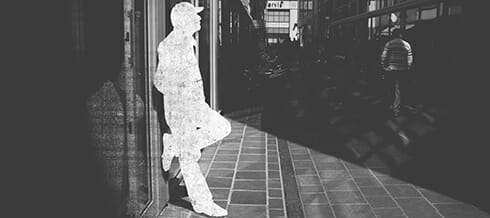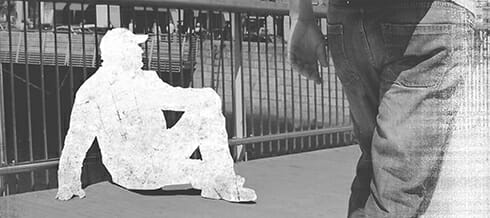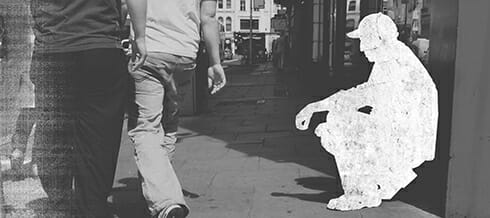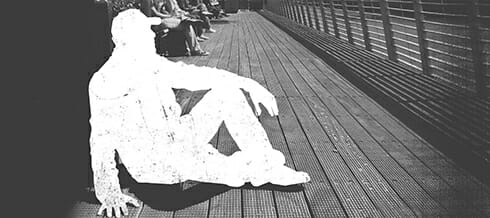Decriminalise people who use drugs in Ireland – New Report
October 8, 2018
Download the ‘Not Criminals’ report here.
#SaferFromHarm.
The Ana Liffey Drug Project and the London School of Economics released a report today calling for the decriminalisation of people who use drugs in Ireland. The report, titled ‘Not Criminals’ notes that treating possession of small amounts of drugs for personal use as a criminal offence is counterproductive in that it both fails to discourage drug use and acts as a barrier to seeking help and reintegration for those people who are using drugs. It supports the findings of the Joint Oireachtas Committee on Justice, Defence and Equality which strongly recommended considering a civil response instead of the criminal justice route.
Dr Nuno Capaz, Vice President of the Dissuasion Commission of Lisbon at the Ministry for Health in Portugal, spoke about his experience of the Portuguese system where simple possession is dealt with as an administrative, not a criminal, issue. “Sometimes people say that in Portugal we have ended the war on drugs. That is not true – what we have done is end the war on people who use drugs. Many years of experience show us that we cannot prevent drug use in societies by criminalising individual consumers. Such an approach does not impact significantly on rates of drug use in society, but does stigmatise people who use drugs, making it harder for them to seek help when they need it, and limiting their future options for full participation in society. Drug use is now almost universally and correctly seen as a health issue. As such, the way to better manage drugs in society is to implement a health-based model – a compassionate and pragmatic response that responds to drug use as the health issue it is.”
The ‘Not Criminals’ report has been launched in advance of a report to government from a working group, established under the National Strategy on Drugs and Alcohol, which is considering alternative approaches to the possession of drugs for personal use, and is intended to assist the group in its deliberations. Chaired by retired High Court Judge, The Hon. Mr. Justice Garrett Sheehan, the working group is to report back to Minister of State for Public Health and the National Drugs Strategy, Catherine Byrne TD, in late 2018.
Writing in the foreword to the report, Professor Sir John Strang of Kings College London, one of the world’s leading figures in addiction psychiatry notes that: “…we know that criminalisation has effects that go far beyond any simple deterrence of a behaviour. Periods of imprisonment can be actively damaging, and having a criminal record can affect people’s ability to travel freely, to find work, to engage with society in general. In short, being criminalised is stigmatising. It affects both how others perceive you, and how you perceive yourself. In light of what we know, it is difficult to justify criminalising behaviours associated with personal drug use, such as simple possession, as a valid policy choice.”
Criminalisation of simple possession is a serious issue in Ireland – there were over 12,000 recorded incidents in 2017, and it accounts for over 70% of drug crime. The district court system dealt with over 20,000 drug charges in 2016, many of which relate to simple possession. Despite the high levels of detection and prosecution, drug use in Ireland continues to rise. According to the National Advisory Council on Drugs and Alcohol, lifetime usage of any illegal drug in the population has increased from 18.5% in 2002/03 to 26.4% in 2014/15. The report authors note that the reality is that large numbers of Irish people use drugs and continuing to criminalise them is not a good policy response, with scarce resources being much better utilised in dealing with personal drug use as a health issue, not a crime.
Tony Duffin, CEO at the Ana Liffey Drug Project and one of the report’s authors noted: “We need to be pragmatic. Decriminalisation is not a silver bullet – it does not solve everything – but it is a better policy choice than criminalising simple possession. It is not being soft on drugs – it’s about dealing with the reality that lots of people use drugs and that criminalising them doesn’t help. We can’t keep doing the same thing we’ve been doing for the past 40 years and expect to get a different outcome…we need our response to simple possession to be consistent with our National Drug Strategy in dealing with an individual’s drug use as a health issue.”




